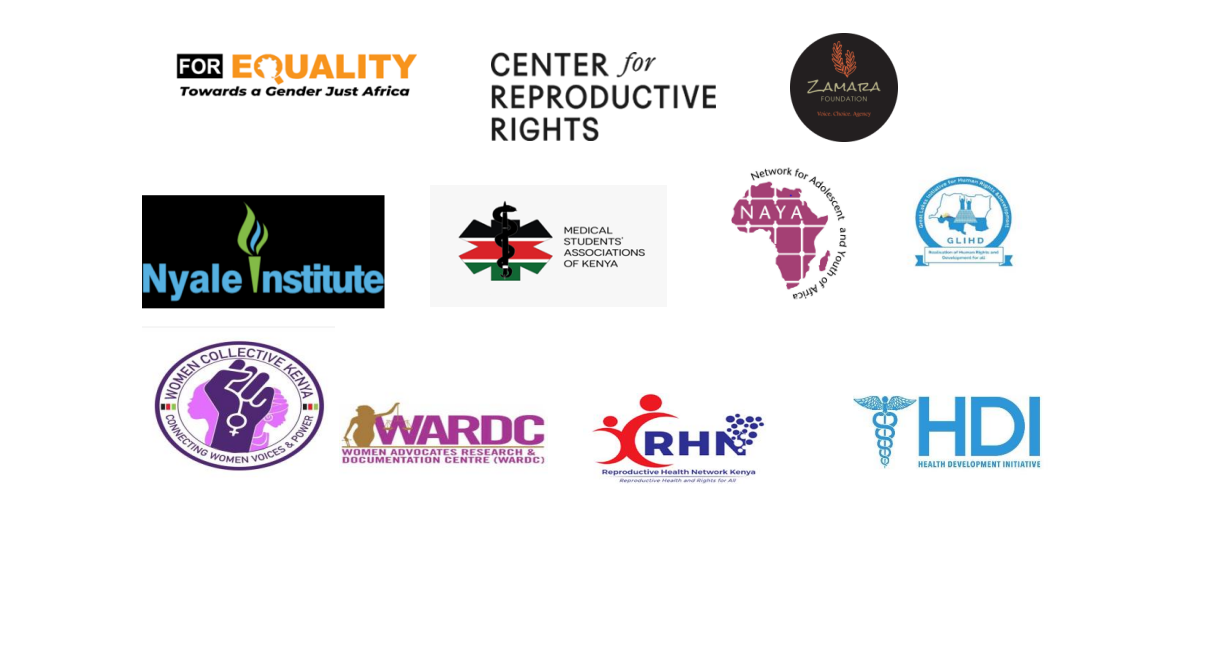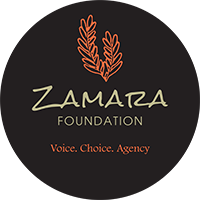
CIVIL SOCIETY ORGANIZATIONS’ STATEMENT DURING THE COMMEMORATION OF THE INTERNATIONAL SAFE ABORTION DAY (ISAD) 2023
We, organizations working on Women’s Rights and Sexual and Reproductive Health & Rights including access to safe abortion in Africa, specifically in Nigeria, Zambia, Malawi, Rwanda, Tanzania, Uganda, and Kenya in commemorating International Safe Abortion Day (ISAD) 2023, acknowledge the efforts made by duty bearers at regional and national level in securing the sexual and reproductive rights of women and girls including their right to access safe abortion care. These include the various international and regional commitments that African countries have adopted, ratified, and are implementing including the Protocol to the African Charter on Human and Peoples’ Rights on the Rights of Women in Africa (Maputo Protocol) and the Convention on the Elimination of All forms of Discrimination Against Women (CEDAW) that set standards for states regarding the protection of women’s and girls’ rights. ISAD presents us with an opportunity to celebrate the progress made in securing the rights of girls and women to access safe and legal abortion but also reflect on the gaps and barriers that hinder the full realization of these rights and how best the same can be addressed.
We would like to highlight the impact that criminalization of abortion, as is the case in Tanzania, Uganda, Kenya, Malawi, and Nigeria, continues to have including reinforcing stigma on abortion, preventing girls and women from seeking services and preventing qualified health providers from providing abortion care resulting in women and girls resorting to backstreet abortions from unqualified persons leading to preventable injuries and deaths. This sets countries back from achieving the targets under the Sustainable Development Goals (SDGs) including on SDG target 3.1 on the reduction of maternal mortality.
Other legal and policy barriers presenting in Rwanda and Zambia for example, include the requirement for 3rd party authorizations from parents, guardians or spouses and requirements for multiple doctor authorizations for abortions. Unjustified bans for example in Rwanda, on qualified health providers in certain cadres from providing safe abortion care with only medical doctors authorized despite the low medical doctor numbers in country. This is compounded by the steps taken by governments to arbitrarily withdraw standards and guidelines that offer health providers guidance on how they can provide safe abortion and post abortion care as witnessed in Uganda, Nigeria, and Kenya.
Download the full statement HERE
